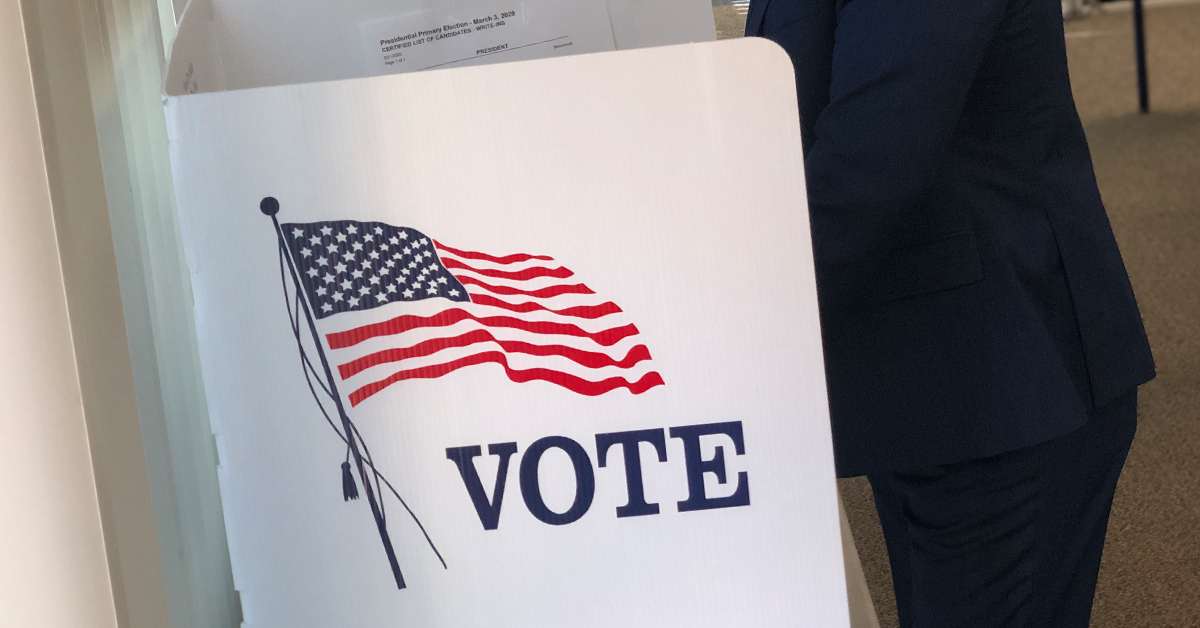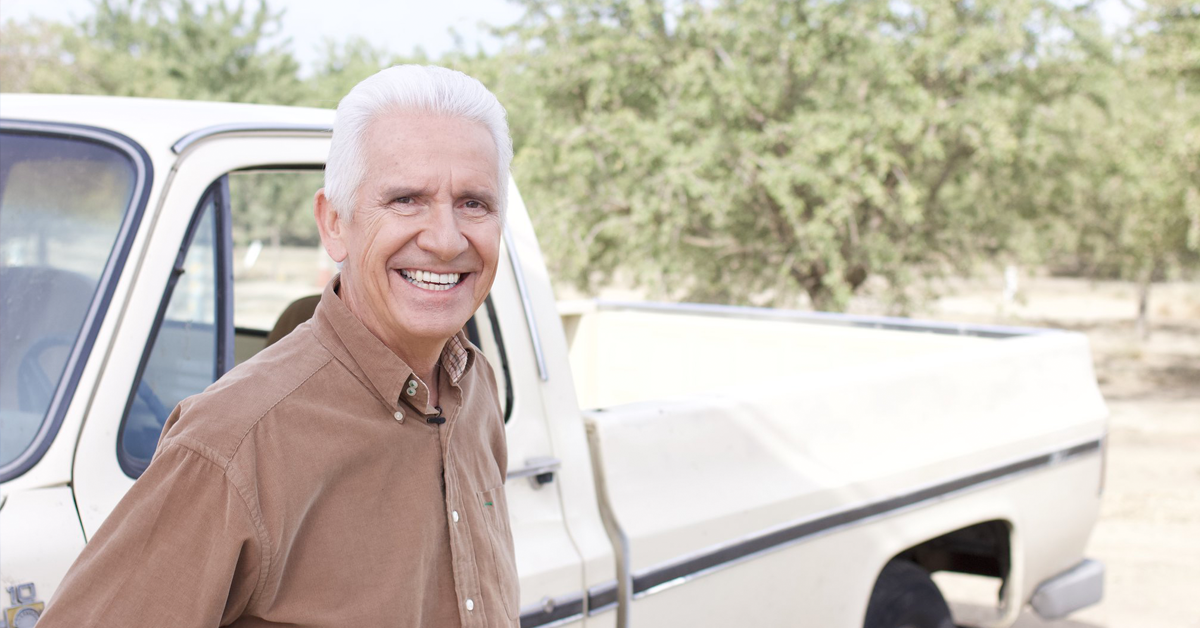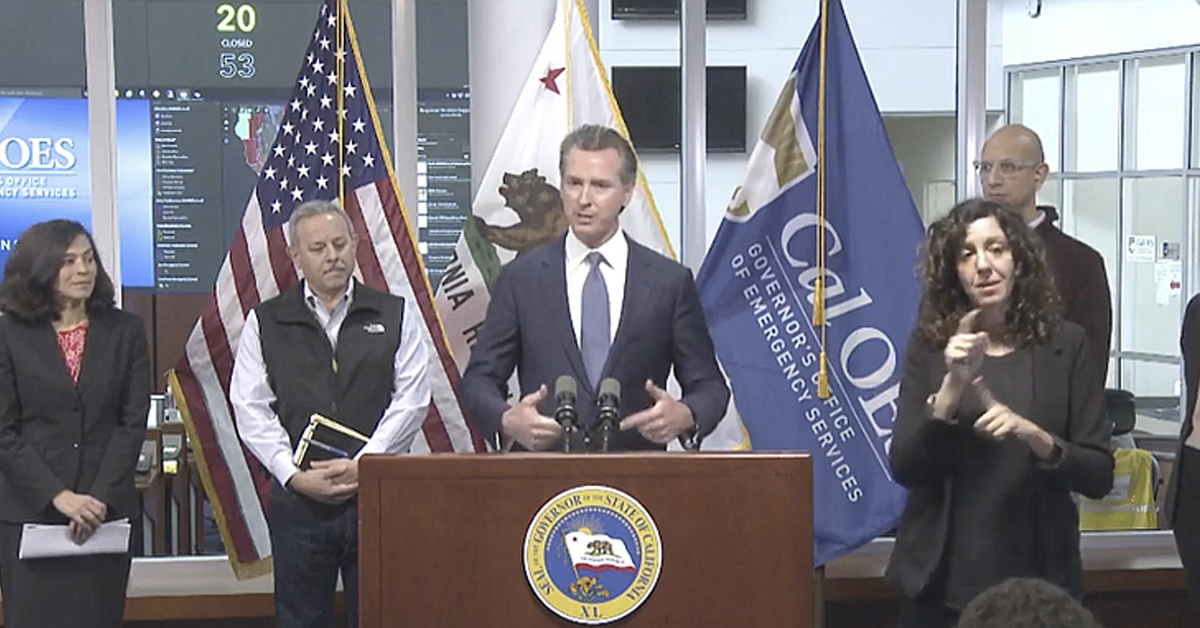California Gov. Gavin Newsom stopped into Fresno on Wednesday as part of his statewide homelessness tour and delivered a nugget for the state’s fifth largest city.
Visiting Exodus Recovery’s Crisis Stabilization Center, a facility offering mental health services facility in southeast Fresno, Newsom, alongside Fresno Mayor Lee Brand, spoke to the media to address the homelessness crisis in Fresno and around the state.
“Nothing is more raw than experiences like this where you spend time with people that are struggling inside,” Newsom said. “People that are challenged with behavioral health issues. People that are struggling with bipolar disorder, schizophrenia, paranoia, deep and serious depression – many that are self medicating with drug or alcohol addictions.
“And in particular, when you see that in young people, our youth, it sort of focuses the mind in this respect to resolve, to do more and do better for them and for their families and communities more broadly for which they live.”
Newsom said that $650 million of emergency grants will be distributed within the next few weeks around California, including $11.5 million to Fresno County through the Homeless Emergency Aid Program (HEAP).
Fresno previously received $3 million from HEAP in the first allocation last year and put part of it toward triage beds, bridge housing beds and rapid rehousing units.
“Society becomes how we behave, and our behavior has fallen short in terms of meeting the needs of quite literally tens of thousands of people that are falling through the cracks ending up out on the streets and sidewalks,” Newsom said.
Newsom said he commits to rebuilding the system to become culturally competent and that will meet the needs of the diverse communities throughout California.
The governor said that there are two components to dealing with the homelessness crisis: revising the healthcare delivery system and putting forward a housing-first policy.
“We are promoting what we call a 1915(b) waiver for the federal government to completely reimagine our Medi-Cal system, our behavioral health system,” Newsom said.
1915(b) waivers – also known as freedom-of-choice waivers – allows the state to mandate enrollment in a managed care plan or primary care case management program along with restricting the number of providers who can provide services.
The state budget has $695 million allocated to reinventing the healthcare and mental healthcare delivery system.
The second component, in regards to the housing issue, can take many years, Newsom said, and doesn’t always address an immediate solution.
“We’ve got to own this,” Newsom said. “We’ve got to meet this moment. This issue is a crisis. It’s a state of emergency. People are dying on the streets and sidewalks. There’s no compassion stepping over people on the streets and sidewalks, and we’ve got to own up to this in a way we haven’t in the past.”
The plan to meet the immediate needs lies in the HEAP funding, Newsom said, putting money directly into housing.
Newsom said he also wants to move forward with a constitutional amendment for the state on the November ballot that would mandate cities and counties to have plans of action to address homelessness.
“You’ve got to meet the moment with something more than just encouragement, but a real focus,” Newsom said. “And in that mandate, new partnerships will be formed with the state of California, and the hope ultimately the federal government, recognizing that we have to work to support communities large and small. We can’t just mandate without support.”










